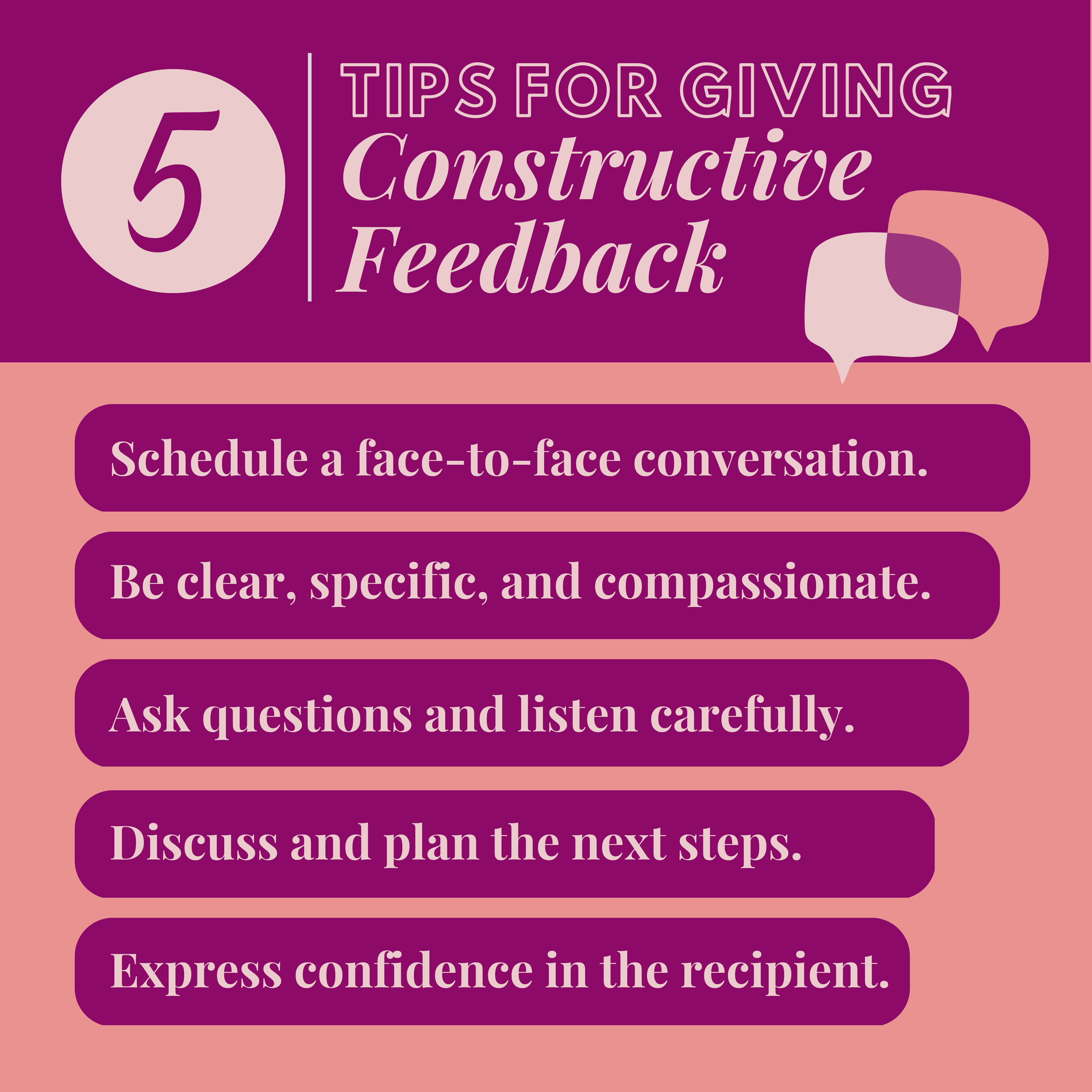As humans, we often find ourselves in situations where we need guidance or advice. Whether it’s about personal matters, career choices, or even something as simple as what book to read next, seeking advice from others can be incredibly helpful. However, there is an art to both giving and receiving advice. It’s not just about sharing or receiving information; it’s about the way we communicate and connect with others in order to truly make the most of the advice we seek or offer.
When it comes to giving advice, it’s important to approach the situation with empathy and understanding. Put yourself in the shoes of the person seeking advice. Try to imagine what they may be going through and how important this matter may be to them. Often, people seeking advice are in a vulnerable position, unsure about the best course of action to take. By approaching them with kindness and empathy, you can create a safe space for them to open up and trust your guidance.
One crucial aspect of giving advice is being an active listener. It’s not just about waiting for your turn to speak; it’s about genuinely listening to the concerns, fears, or uncertainties the person in front of you is expressing. Active listening involves giving them your full attention, maintaining eye contact, and being fully present in the conversation. By doing so, you not only show that you care, but you also gain a deeper understanding of their situation, allowing you to provide advice that is more tailored to their needs.
Another important element of giving advice is being aware of your own biases and limitations. It’s easy to project our own experiences and beliefs onto others’ situations, but it’s crucial to recognize that everyone’s circumstances are unique. Avoid making assumptions or judgments based on your own experiences and instead focus on understanding theirs. By acknowledging your own limitations, you create space for a more open and collaborative approach, increasing the chances of providing valuable advice.
Now, let’s shift our focus to receiving advice. It can be challenging to seek advice, especially if we are prideful or independent individuals. However, admitting that we don’t have all the answers is not a sign of weakness, but rather a demonstration of humility and self-awareness. When seeking advice, it’s vital to approach the conversation with an open mind and a willingness to consider different perspectives.
A key aspect of receiving advice is being willing to ask for it. Sometimes, we may feel hesitant or even embarrassed to seek guidance from others. However, there is no shame in asking for help or advice when we need it. In fact, it shows strength and humility. By reaching out to others for their wisdom and experience, we are demonstrating our willingness to grow and learn from those around us.
When receiving advice, it’s important to listen actively, just as with giving advice. Give the person your full attention, maintain eye contact, and truly absorb what they are saying. Allow them the space to share their insights without interrupting or becoming defensive. Remember, they are offering their perspective in an effort to assist you, so honoring their words by actively listening can be incredibly valuable.
Another crucial aspect of receiving advice is maintaining an open mind. Often, we have preconceived notions or biases that prevent us from fully considering the advice being offered to us. By letting go of these preconceptions and approaching the situation with an open mind, we allow ourselves to truly benefit from the advice. Embrace the opportunity to explore new ideas and perspectives that may challenge your current beliefs. You may discover alternative paths or solutions that you had never considered before.
Lastly, be sure to express gratitude when receiving advice. Even if the advice given is not precisely what you were hoping to hear, thanking the person for taking the time to offer their insight shows respect and appreciation for their effort. It also encourages them to continue sharing their wisdom with others in the future.
In conclusion, both giving and receiving advice is a skill that requires empathy, active listening, self-awareness, and open-mindedness. By approaching these interactions with care and respect, we can create meaningful connections and foster personal growth. So, the next time someone seeks your advice, or you find yourself in need of guidance, remember these principles, and you’ll be equipped to engage in constructive and fruitful conversations.
